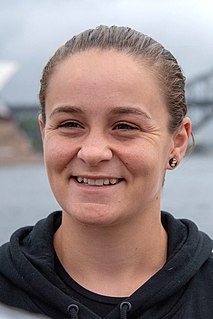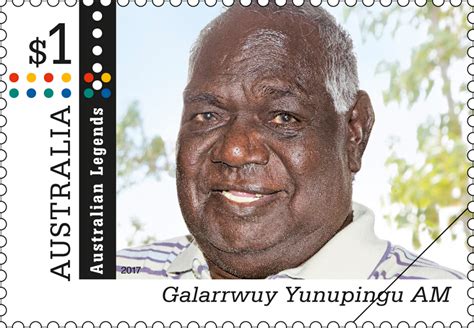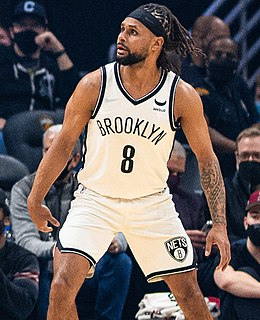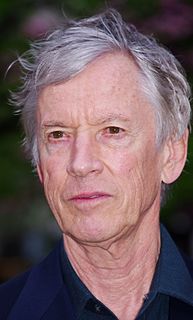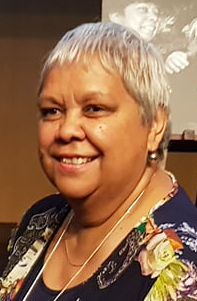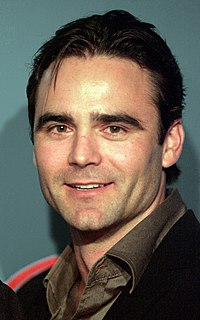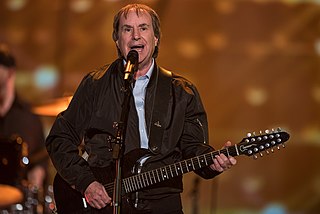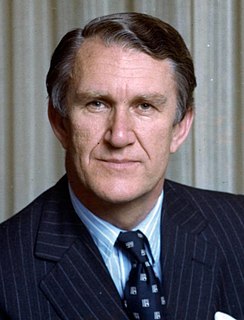A Quote by Ashleigh Barty
I don't think there's been that many indigenous players in Australia.
Related Quotes
The third season of the Leftovers came along and Damon Lindelof sent me the script to Episode 3, and I called him up and thanked him for one of the greatest gifts I've been given. I had that script for almost two months, in the mountains in Idaho, before I even got on a plane and flew to Australia and went to the outback. He also told me to learn about the indigenous people in Australia and learn how to play a didgeridoo. It was just great. It was probably, in many ways, the best acting experience I've ever had.
I think I made some mistakes, in different areas, but it's great to be working in a show again now, many years down the track. I have worked in many other different shows in Australia and I've been able to learn from my mistakes. I'm lucky that I made those mistakes early on in Australia, and I definitely won't make them again in the States, but you've got to learn that stuff.
I am deeply gladdened that 1993 has been delcared the International Year of Indigenous Peoples by the United Nations. It is the first year we have had in five hundred years. This is thanks to the struggle of many untitled, unnamed indigenous brothers who, without understanding international law, patiently walked the corridors asking for some time. Thanks to them this international year has been declared.
When I was a little kid wanting to play music, it was because of people like Pete Johnson, Huey Smith, Allen Toussaint, Professor Longhair, James Booker, Art Neville ... there was so many piano players I loved in New Orleans. Then there was guys from out of town that would come cut there a lot. There was so many great bebop piano players, so many great jazz piano players, so many great Latin piano players, so many great blues piano players. Some of those Afro-Cuban bands had some killer piano players. There was so many different things going on musically, and it was all of interest to me.
For Indigenous Australians, equal rights and citizenship have not always translated into full participation in Australian society. All Indigenous Australians have only been counted in the census since the 1967 Referendum. Even so, State protection and welfare laws continued to control the lives of Indigenous Australians and denied them equal rights, well into the 1970's.
